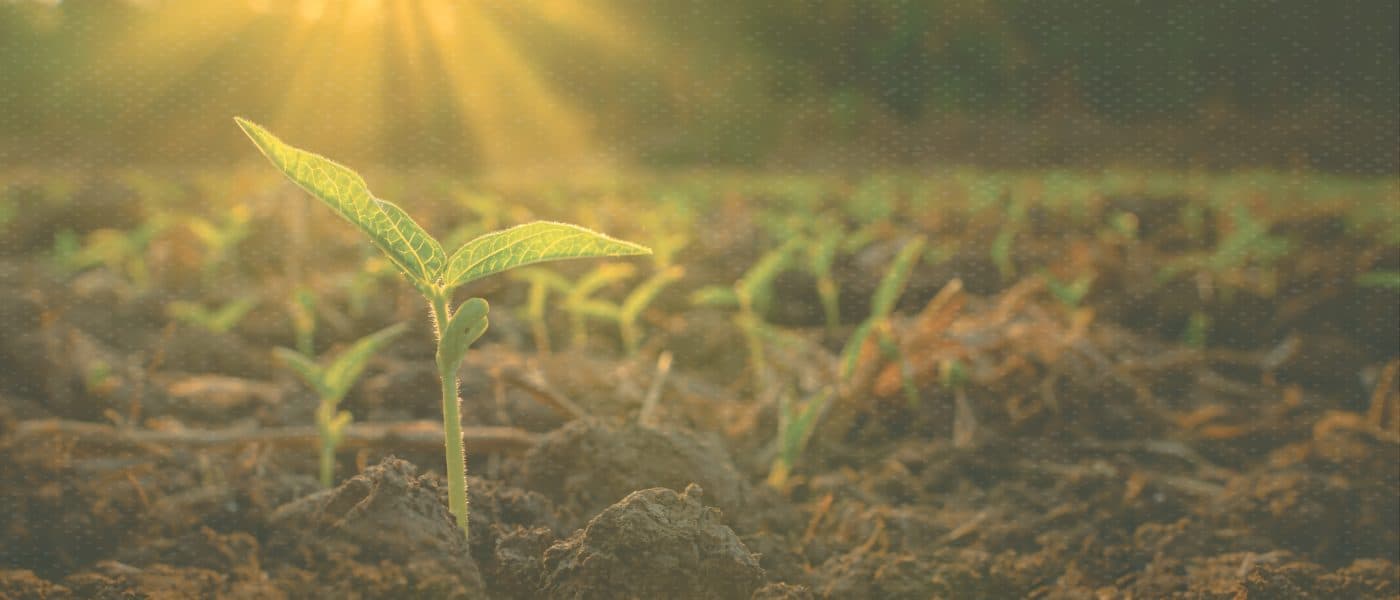 Kansas agriculture is experiencing a shift in the female direction. Though they represent only 28 percent of farmers in the state, women are taking to crops and livestock such as sheep and goats, vegetables and melons, and fruits and nut trees, which have not been common in Kansas agriculture and require increased labor and knowledge. Organizations like the Kansas Rural Center (KRC) have been assisting women farmers since 1979 with programs and workshops, in addition to their “Women In Farming” initiative. Nearly half of the attendees at a “Tunnel to Table” workshop by the KRC last year were women, and eight of them were provided with free low tunnel infrastructure for their farms (with grant support from Farm Aid!).
Kansas agriculture is experiencing a shift in the female direction. Though they represent only 28 percent of farmers in the state, women are taking to crops and livestock such as sheep and goats, vegetables and melons, and fruits and nut trees, which have not been common in Kansas agriculture and require increased labor and knowledge. Organizations like the Kansas Rural Center (KRC) have been assisting women farmers since 1979 with programs and workshops, in addition to their “Women In Farming” initiative. Nearly half of the attendees at a “Tunnel to Table” workshop by the KRC last year were women, and eight of them were provided with free low tunnel infrastructure for their farms (with grant support from Farm Aid!).
The route for the Keystone XL pipeline may have been approved by the Nebraska Supreme Court last week, but is this necessarily bad news for the family farmers fighting to keep the pipeline off their land? According to environmental groups and lawyers for the landowners affected by the proposed pipeline, this decision works to their advantage, not the advantage of Transcanada. Now forced to defend a “tricky route” that crosses the vitally important Ogallala aquifer and sensitive Sandhill ecosystem, Transcanada should expect a veto from the president as soon as legislation hits his desk. As far as Randy Thompson, landowner and lead plaintiff in the Nebraska case is concerned, the expected veto cannot come soon enough: “It’s time for our president to put an end to this damn thing, and let us get back to our lives and get back to raising food for America.” Read more about how the Keystone XL pipeline affects family farmers in our “Ask Farm Aid” column.
This week’s soil update in honor of the International Year of Soils hits close to home (or school, rather.) A Northeastern University researcher-led team has uncovered a brand new antibiotic, teixobactin, in a Maine soil sample. While scientists have recognized soil bacteria as a source of antibiotics for years, this particular bacteria has a special ability that its discoverers have inscribed right in its name: teixos. The Greek word for “wall,” teixos references teixobactin’s ability to kill bacteria by preventing the growth of their cell walls. Though it’s early to declare these bacteria totally unstoppable, scientists find it a very promising discovery. Another win for soil!
The controversial debate over the safety of GMOs continues: This week, NPR’s Dan Charles tackles a new breed of russet Burbank potato from Innate™, genetically modified to ace what Michigan State University’s top potato breeder David Douches calls “the bruise test.” These potatoes, while seemingly perfect on the outside, aren’t the cause of celebration for the world’s top potato buyers. The ongoing GMO dispute was cause enough for companies like Frito-Lay, the largest potato chip maker, to condemn the new super-potato. On the other hand, folks like Michael Jacobson, executive director of the Center of Science and Public Interest, assures consumers to have no fear if and when the potatoes are approved by the FDA: “…if we could have genetically engineered crops and foods that produce safer products, and less expensive products, that’s terrific!” Regardless of Jacobson’s persuasion, it doesn’t look as though buyers will be eager to jump on the GM potato wagon.
Hundreds of Chipotle restaurants won’t be serving you carnitas this week due to the suspension of a major pork supplier. The popular Mexican food chain became aware of several violations concerning the housing for pigs, citing that the conditions breach Chipotle’s required humane standards and access to outdoors. According to Paul Shapiro, the VP of farm animal protection for The Humane Society of the United States, humanely raised pigs are simply hard to find, representing “a very small portion of the pork industry.” Chipotle is working to resolve their pork shortage, and intends to resume work with the suspended supplier if it fixes its issues. Carnitas fans are devastated, illustrating how the demand for family food is outstripped by supply: We need more family farmers on the land growing good food!
How do you like your eggs? Cage-free? Organic? Omega-3 enriched? Check out TIME’s guide to what kind of eggs you should buy. There are a wealth of labels, new and old, on cartons across the country. So whether you’re looking to enhance your egg vocab for health reasons or humane ones, this guide might get you through your search for eggs whatever way you please. But do your research, as recently pointed out in a letter to the USDA from Senators Booker and Feinstein in the case of chicken, the label doesn’t always mean what you think it does!

